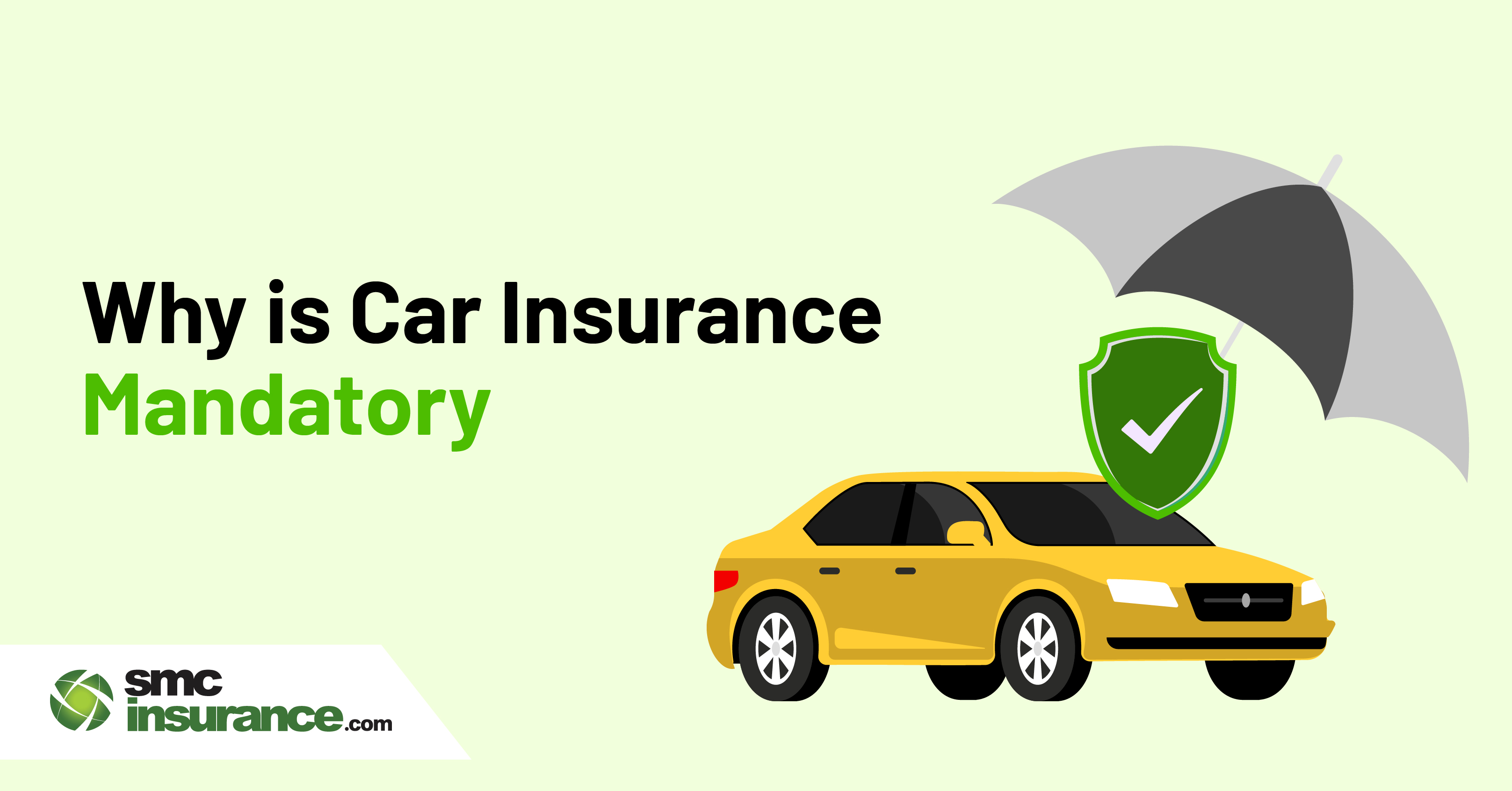Imagine driving your shiny new car down the road, wind in your hair, loving the scenery around. You take care of your loving car, making sure it is always in top shape. You drive very cautiously, following all the rules of the road. But what if, despite all your careful driving, another driver is not paying attention and crashes into your car? And all of a sudden, you are facing hefty repair bills or even medical expenses if someone gets hurt.
This is where a car insurance policy comes to your rescue. It is like having a safety cushion for your car and yourself. Even though you hope you will never need to use it, having insurance means you will not have to cover repair or other covered costs if something goes wrong.
But here's the catch – car insurance is not just a good idea for your finances; it is also mandatory. Driving without insurance is against the law because it helps protect everyone on the road. If you want to learn more about why it is mandatory and how it works, keep reading.
Why Is Car Insurance Mandatory?
Car insurance is necessary because it protects you in case something unexpected happens. In India, the law requires you to have at least third-party insurance under the Motor Vehicle Act. This means you should have insurance coverage in case you harm somebody or damage their property with your car. While it is not mandatory to have coverage for your own car's damage, it is wise to get it to safeguard yourself from financial loss if your vehicle gets into an accident.
Reasons Why Car Insurance Is A Must
Understanding the necessity of car insurance is essential. Here's why it is mandatory –
- Legal Obligation
Section 146 laid out in the Motor Vehicles Act of 1988 states that it is a must for all vehicles to be insured. Ignoring this rule can result in legal trouble, such as fines or penalties.
- Shield For Third Parties
Car insurance safeguards third parties from financial harm caused by accidents involving your insured vehicle. This mandatory coverage ensures protection for those affected by vehicle owners' actions.
- Financial Protection
Car insurance offers financial security to car owners. It covers expenses for repairing or replacing the insured vehicle if it gets damaged due to accidents, natural disasters, theft, or vandalism.
- Quick Compensation
Having car insurance means that victims of accidents involving insured vehicles can get compensation swiftly, without needing to go through prolonged legal processes.
What Will Happen If You Fail To Buy Car Insurance?
Not having car insurance in India can bring about various consequences, both legally and financially. Here's what might occur if you fail to have car insurance –
- Legal Ramifications
Driving without valid insurance can result in hefty fines under the Motor Vehicles Act of 1988. You could face legal repercussions, potentially leading to the seizure of your vehicle.
- Financial Consequences
If an accident occurs, you will be personally responsible for all damages to third parties, including injuries, fatalities, or property damage. This means that you will need to cover the entire cost of repairing or replacing your vehicle if it is damaged by accidents, theft, or natural disasters.
- Exposure To Risk
Without insurance, you face significant financial risks if accidents or unexpected events occur. You might experience personal financial loss due to theft, vandalism, or damage to your vehicle.
- Inability To Claim Compensation
Without insurance, you will not be able to claim compensation for any damages caused to your vehicle or injuries in case of an accident.
To Conclude,
Car insurance is mandatory to ensure everyone's safety on the road and to protect against financial losses. By making car insurance a requirement, laws aim to provide a safety net for drivers, passengers, and pedestrians in case of accidents. It helps cover costs for damages and medical expenses, ensuring that no one bears the burden alone.




